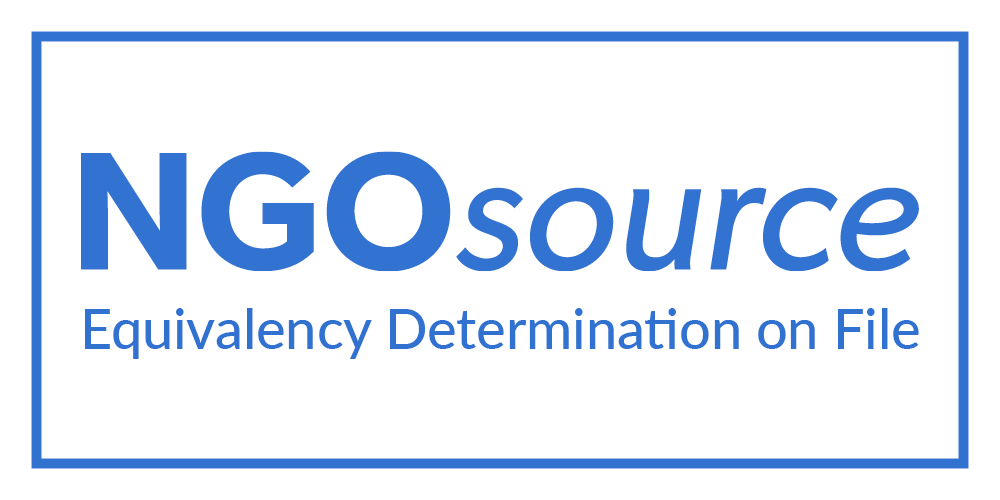[Republic of Guinea] AfricTivistes urges swift end to social media block
Access to social networks has been restricted in and around the capital Conakry in Guinea since Novembre 24th. Users are forced to use virtual private networks (VPNs) to access the applications affected namelyWhatsApp, Messenger, Facebook, Telegram, YouTube and Twitter). However, some towns in-country are not affected by this restriction.
Guinean media such as Fim FM and Djoma Media also had their signals jammed.. The General Management of Fim Fm has protested against this measure, which it considers as “illegal and repressive by the Guinean authorities, thus affecting press freedom and violating the public’s right to information.”
AfricTivistes, as an organisation committed to the defence of human rights and fundamental freedoms, deplores this situation, which is likely to disturb the daily lives of Guineans.
Last May, access to social networks and messaging services was also restricted. These restrictions happened on May 17th, when the Forces Vives de Guinée called for demonstrations. Forces Vives de Guinée is a coalition of civil society organisations and opposition parties. Furthermore, the Association des Blogueurs de Guinée (Ablogui), through its president, Alfa Diallo, did condemn this censorship.
At the time, several media outlets also saw access to their websites severely disrupted. In a joint statement, the media trade associations denounced “the liberticide actions taken by the Telecom regulatory body , Autorité de Régulation des Postes et Télécommunications.”
The Transition Charter adopted following the conclusions of the inclusive national consultations, following the coup d’Etat in 2021, confirms the Republic of Guinea’s commitment to democratic values and principles as expressed in the United Nations Charter and the Universal Declaration of Human Rights. The Article 19 of this fundamental document of the Guinean transition also reaffirms that every individual has the “right to freely inform him/herself and to be informed.”
At a continental level, the transitional authorities also pledged their commitment to the African Charter on Democracy, Elections and Governance (ACDEG), the African Charter on Human and Peoples’ Rights (ACHPR) and the Declaration of Principles on Freedom of Expression and Access to Information in Africa.
AfricTivistes emphases that censorship or restrictions on the Internet, wherever they come from, undoubtedly restrict guaranteed freedoms of expression, assembly and access to information. Consequently, they disrupt the free flow of information and economic activities that depend on the Internet, as well as prevent people from exercising their right of access to a universal service.
In fact, AfricTivistes considers that access to the Internet is a foundamental right and an essential service that plays a major role in daily lives at various levels, such as in education and communication.
AfricTivistes therefore encourages the competent authorities and all stakeholders in the Republic of Guinea to clarify the reasons for this severe restriction on the daily lives and professional activities of their compatriots.
![[Republic of Guinea] AfricTivistes urges swift end to social media block](/static/eade8bf297f087018fc168f575006826/0f5ce/Anglais.jpg)
![[Gabon] AfricTivistes Sound the alarm amid Social Media suspension !](/static/6d29d22415421f36644f996c6396d73b/9e635/CREA-visuel-rapide-1.jpg)
![[SENEGAL] AfricTivistes strongly condemns the brutal repression of students at Cheikh Anta Diop University in Dakar!](/static/29c233858b9d650cc77d87f75d4d2b56/9e635/Ucad-Senegal.jpg)



![[Guinea-Bissau]: Joint Statement from Human Rights Defenders Against the Confiscation of Popular Will !](/static/8552596543d1c00bc73e662f85c0a62f/fce2a/Capture-decran-2025-12-01-a-16.34.43.png)
![[Guinée-Bissau] Joint Declaration – Afrikajom Center and AfricTivistes both firmly condemn the military takeover and warn of the risk of a political crisis !](/static/4d5ad12346b3ef8c55278621c445488b/9e635/Putsch-Guinee-2.jpg)

![[Tanzanie] 🇹🇿 AfricTivistes strongly condemns violent suppression in Tanzania](/static/adf91a1c13cd101f988b6b6971928880/9e635/TZN.jpg)
![[Cameroon] AfricTivistes condemns violent repression, urges govt to uphold rights !](/static/6399a9d8e94e3ae1f681f86178520d96/9e635/WhatsApp-Image-2025-10-27-at-15.32.48.jpg)



![[Madagascar] Generation Z, the driving force of civic awakening!](/static/9072e289fdab44c062096dcfb9499441/9e635/4-2.jpg)

![[Tanzanie] 🇹🇿 AfricTivistes strongly condemns violent suppression in Tanzania](/static/adf91a1c13cd101f988b6b6971928880/0f5ce/TZN.jpg)
![[Guinea] Senegalese civil society organisations call on Senegalese authorities regarding the abductions of activists, journalists, and political leaders in Guinea !](/static/ec01b5697beca8070e4d2e439cb81ce2/f054e/8-1.png)
![[Republic of Guinea]: AfricTivistes demands opposition leader’s release](/static/dcfdbe9b44facd3fac75b86bc99980c9/f054e/Anglais-francais.png)
![[Republic of Guinea] AfricTivistes stands against abuses, threats to freedoms in Guinea](/static/f8ea26dacd5b364d297a0fa01ba67852/0f5ce/WhatsApp-Image-2024-12-10-at-19.38.23-1.jpg)

